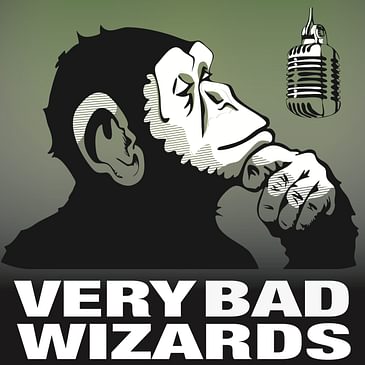The Summer of Cormac McCarthy continues – this time we dive into his one piece of non-fiction, the short essay “The Kekulé Problem.” How does our unconscious mind solve problems that conscious deliberation can’t crack? Why does it often work elliptically, in code, rather than giving us the answer directly in language? Is McCarthy right that the unconscious doesn’t trust language because it’s such a newcomer to the human brain?
Plus we select the finalists for our listener selected episode – thanks to our beloved patrons for all their terrific suggestions!
"The Kekulé Problem" by Cormac McCarthy
Sponsored by:
- BetterHelp: You deserve to be happy. BetterHelp online counseling is there for you. Connect with your professional counselor in a safe and private online environment. Our listeners get 10% off the first month by visiting BetterHelp.com/vbw. Promo Code: VBW
- Rocket Money: Stop throwing your money away. Cancel unwanted subscriptions, and manage your expenses the easy way, by going to RocketMoney.com/vbw. Promo Code: VBW
